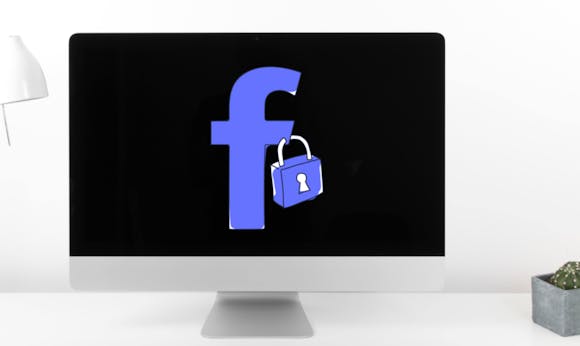
Seventeen Years of Facebook
Seventeen years ago, roommates Mark Zuckerberg, Eduardo Saverin, Andrew McCollum, Dustin Moskovitz, and Chris Hughes published thefacebook.com. Nobody could have foreseen the impact this would bring, having today over 2.5 billion monthly active users worldwide.
What started as a practical joke, revolutionized how we communicate and interact with other people and companies and form like-minded online groups. It improved customer care and helped us stay in touch with our loved ones, even facilitating connections with long lost family and friends.
Nobody expected that seventeen years later, when thinking about Facebook, people immediately connect it to election fraud, hate speech, and an accelerated spread of misinformation.
When did Facebook take the wrong path?
In the beginning, as a marketeer, I thought Facebook was the best thing that could ever happen to marketing; I was awed by how much we could accomplish with so little budget and how many people we could reach.
As the years have passed and I’ve seen Facebook evolve as a company and seen users’ privacy start to be misused, my opinion changed. I still believe that Facebook is an effective way to reach current and potential users, but the nagging privacy concerns are top-of-mind and my attention has drifted towards other social channels.
With great power comes great responsibility.
When the Cambridge Analytica fiasco was uncovered, Facebook’s CEO announced they knew the data was acquired improperly, being a “breach of trust that needed to be fixed.”(Zuckerberg, 2018)
Privacy should be a basic right for everyone, and we should all demand that the companies we share our information with, support that right.
“The problem with Facebook is not just the loss of your privacy and the fact that it can be used as a totalitarian panopticon (…), The more worrying issue, in my opinion, is its use of digital information consumption as a psychological control vector” (Chollet, 2018)
Like many things on Facebook, the privacy truth is hidden in a tiny print on their privacy policies. It started with the surge of Facebook Ads, which are highly targeted to user profiles, timeline history and social groupings, coupled with the pay-to-play ads and it continued when they started acquiring more competitor brands turning themselves into monopoly in the social media industry.
I still believe that social media has the power to do a lot of good; Facebook, like many other social media channels, plays a crucial role with their active users in building community. They need to do a better job of prioritizing privacy and truthfulness.
As users, we can do a lot to protect our data, and educate ourselves on what information we are willing to share. Read and understand the Privacy Policies of the social platforms that you use and favor those that fall within your acceptable privacy tolerance levels.
Sources:
Gallagher, Brian. “Is Facebook Really Scarier Than Google?.” Mar, 2018 from: https://nautil.us/is-facebook-really-scarier-than-google-237029/
More from the blog


Protect Your Privacy as a Consumer – Top Tips
Continue reading
Understanding GDPR – Protecting Your Online Privacy
Continue reading
History of Data Breaches – Protect Your Personal Information
Continue reading